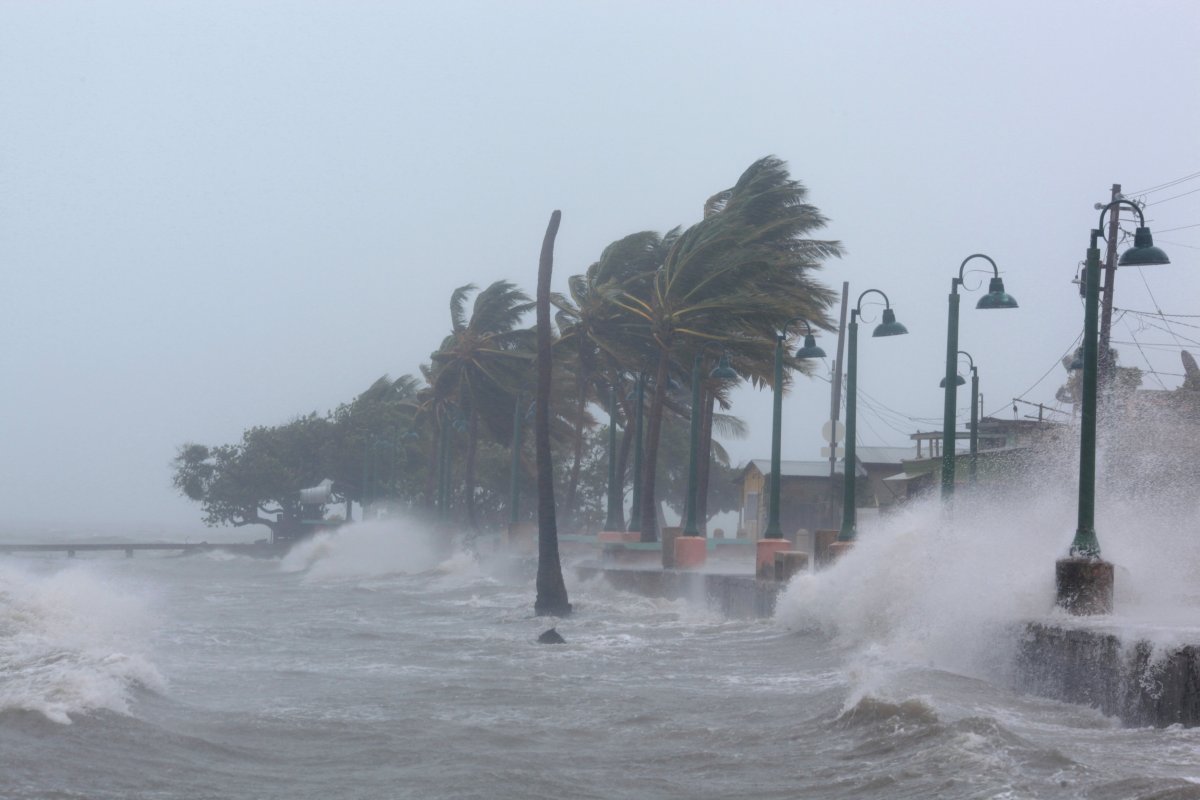As the U.S. braces for the potentially devastating impact of Hurricane Irma while it continues to deal with the aftermath of Harvey, we are once again thrust into the great climate change “debate.”

Let’s be clear: there is no real debate among scientists. Climate change is real, as are its very harrowing effects.
However, to conclusively declare any singular weather event as the direct result of climate change is not only scientifically unsound but also irresponsible in an age where the term “fake news” is hurled about with increasing frequency. What we do know is that these types of weather events, these so-called 500-year or once-in-a-lifetime storms, will become more and more common. It is the bleak reality we are living in.
There isn’t some mystery as to why our planet is warming at the rate that it is. There are multiple compounds that contribute to global warming through the greenhouse effect. The most common one that gets thrown around is carbon dioxide, but there are others, such as nitrous oxide, hydrofluorocarbons, and methane.
Additionally, we know there are certain things within our control that contribute to greenhouse gases being pumped into the atmosphere, which is why vehicular emissions are always such a prime target to be curbed. In fact, over a dozen countries have pledged to ban gas and diesel cars in order to prioritize electric vehicles.
The shift to electric cars is good, but if we’re talking about something that can be easily changed via our own habits and consumption, then it’s odd the public debate never seems to zero in on methane as a substantive contributing factor.
As people in Houston were gathering supplies in order to prepare for Hurricane Harvey, a picture of empty shelves surrounding a fully stocked vegan section made the rounds on social media.
It became an instant meme. And while it is certainly funny to think of just how objectionable some people perceive vegan cuisine to be, it does point to the larger problem of how we talk about climate change.
And although we are more aware of the impacts of our driving habits than perhaps our eating habits on the climate, both deserve equal attention.
- Trudeau tight-lipped on potential U.S. TikTok ban as key bill passes
- Canadian man dies during Texas Ironman event. His widow wants answers as to why
- Hundreds mourn 16-year-old Halifax homicide victim: ‘The youth are feeling it’
- On the ‘frontline’: Toronto-area residents hiring security firms to fight auto theft
Over a decade ago the United Nations Food and Agriculture Organization released a report warning us of the environmental impacts of meat and dairy consumption. The reasons why are clear. Meat and dairy consumption are responsible for 65 per cent of human-related nitrous oxide and over 35 per cent of methane. It’s worth noting that both nitrous oxide and methane have global warming potentials that dwarf carbon dioxide by orders of magnitude.
Miami Beach is experiencing erosion at such a rapid rate that it has to pump sand up from the seafloor in order to keep up the façade. The Marshall Islands are quite literally disappearing into the Pacific Ocean. Global temperatures are rising.
People obviously have to eat, and as someone who eats their fair share of bacon cheeseburgers, I certainly do not want to get to a point where overly zealous and intrusive governments get the idea that they should be dictating what someone can eat. After all, if there is no place for the state in the bedrooms of the nation then surely there is no place for the state in the kitchens of the nation. This is why an honest conversation around what we can do to mitigate the impact of anthropogenic climate change is so important.
It’s all well and good to make fun of that vegan colleague who won’t shut up about how great being vegan is, but perhaps we could all learn a thing or two from cutting back on meat and dairy. There is no quick fix to the problem that we find ourselves in, which is why we need more of an honest conversation when it comes to the possible solutions so we can all be making responsible choices for ourselves, and ultimately the planet.
Supriya Dwivedi is host of The Morning Show on Toronto’s Talk Radio AM640 and a columnist for Global News.




Comments